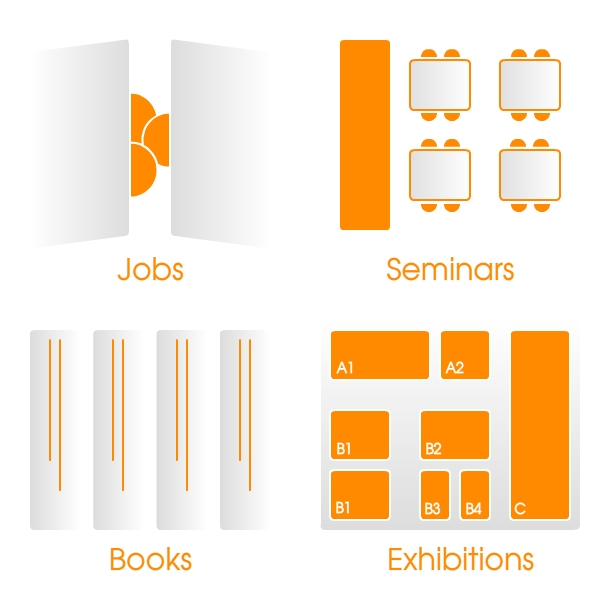
Democratic Management in Schools: Network between Students, Parents and School Staff
Tallinn, May 13th-16th 2007
My name is Nelly GUET.
First of all, I want first to express my gratitude for being invited to join this conference.
I am very glad today, because of this opportunity for an effective mutual cooperation.
I am at present schoolhead of a lower secondary school in the neighbourhood of Paris.
I have been leader of 5 different schools in the past 20 years, 3 in France, one in Berlin one in Switzerland. Among them, kindergarten, primary schools, lower and upper secondary schools, a vocational school.
My work for ESHA started in 1998 in Maastricht. Esha was created ten years before. In those days, the president of the association was Eva Pentillaa, member of our working group, this evening.
ESHA is an association of associations, with 62.000 members in 32 countries. I am not going to describe the association. You can find many informations about ESHA on the website: www.esha.org
In my opinion, democracy at school means first of all, democratic learning, integrating initiative and responsibility for the learner and for all the partners working inside the school and outside the school.
I would like to report on two initiatives, which are in my opinion able to bring more democracy at school. I will try not to talk for too long time, because we are at the end of the day and like our students we are more interested in practical learning than in theory.
We have to change learning at school and to remind my teachers of this fact, I posted this statement on the door of the teacher’s room in our school:
5% of learners will transfer a new skill into their practice as a result of theory.
10% will transfer will transfer a new skill into their practice as a result of theory and demonstration.
20% will transfer a new skill into their practice as a result of theory, demonstration and practice.
25% will transfer a new skill into their practice as a result of theory, demonstration, practice and feedback.
90% will transfer a new skill into their practice as a result of theory, demonstration, practice, feedback and coaching.
Joyce, B.R. & Showers, B (1983)
 Dans son livre : "Virage européen ou mirage républicain? Quel avenir voulons-nous?", Nelly Guet démontre la sclérose du système éducatif français et fait des propositions européennes.
Dans son livre : "Virage européen ou mirage républicain? Quel avenir voulons-nous?", Nelly Guet démontre la sclérose du système éducatif français et fait des propositions européennes.


